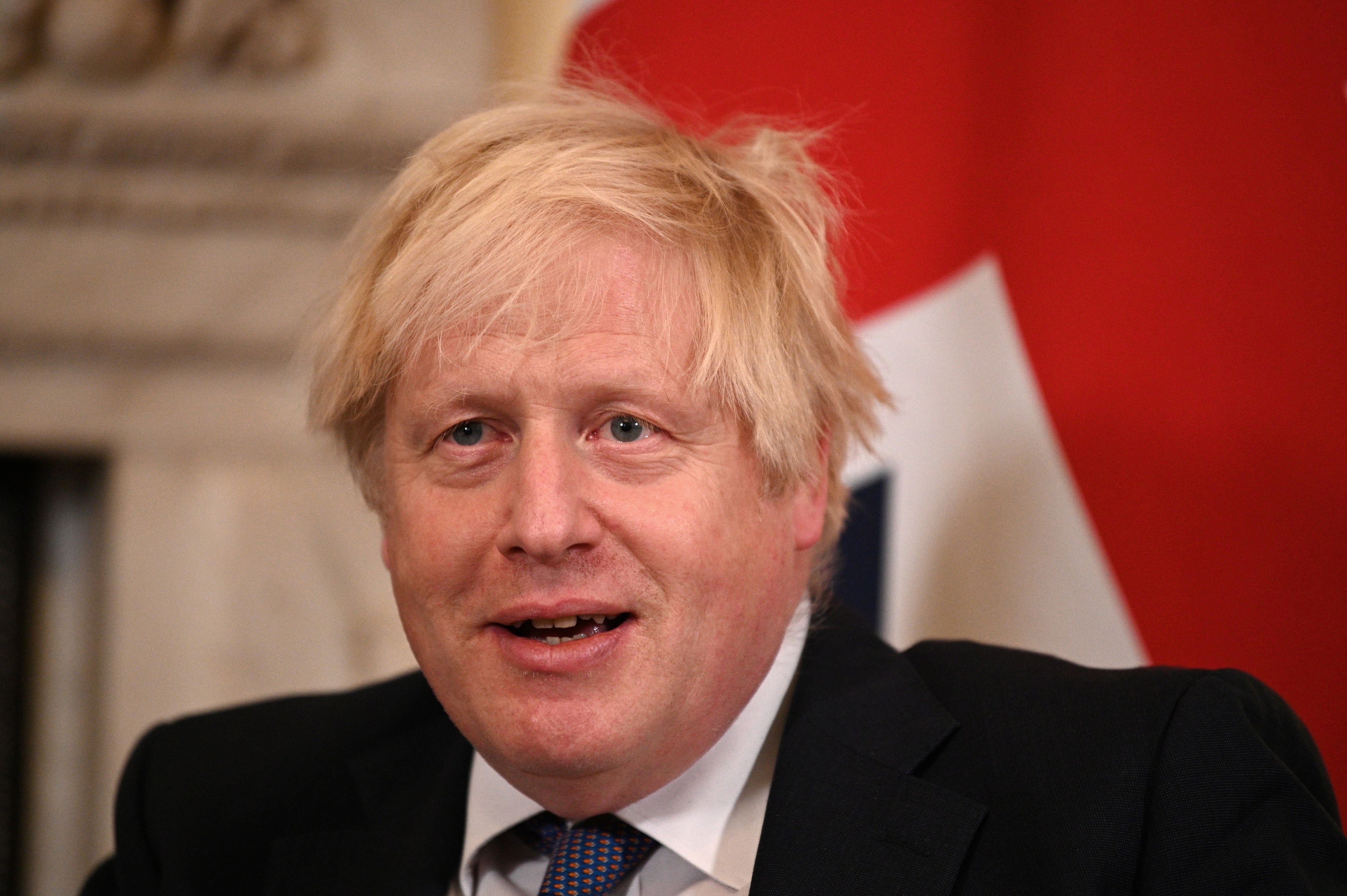Will Boris Johnson’s proposals do enough to stifle sleaze scandal?
Downing Street motion includes plenty of wriggle room and rubberiness – which suggests a certain lack of sincerity, writes Sean O’Grady


Only a few weeks ago it was inconceivable that Boris Johnson, of all people, would write a semi-grovelling letter to the speaker of the House of Commons begging for a tightening up of the rules on MPs’ side hustles. Yet so it has come to pass. Having viewed such matters with, at best, an attitude of benign neglect, the prime minister has decided that “action this day” must be taken: the MPs’ code of conduct must be updated; members who are “prioritising” private interests over those of constituents must be “investigated and appropriately punished”; and paid political consultancy and lobbying should be banned.
Of course, the proximate reason for the change of heart is the two cleverly-designed motions put down for debate in the Commons by Labour. These demand a near-total ban on second jobs and require the government to publish documents and materials relating to the Randox company – the one that Owen Paterson was acting for. The government’s proposals thus fall short of what Sir Keir Starmer and Angela Rayner spent a good deal of time talking about at their press conference. However, No 10 and the whips must be judging that a government amendment to the Labour motions will prove just attractive enough to avoid a humiliating defeat. They may be right, but then again there’s much anger about on all sides, and the Tory MP Christopher Chope’s strange urge to hold yet another debate on Tory shenanigans hasn’t helped calm anyone down.
It could still turn ugly, not least because Tory MPs will be wary of accusations from opponents and the media, if they vote the “wrong” way, that they’re putting their own interests first. Again, there seems to be a gradual cultural division developing within the Conservative Party between the traditional public-school educated, southern types used to taking full advantage of the perks of the job and their little sidelines in journalism and the City; versus the new breed of red/blue wall populists with a grittier background and outlook on life, less well-connected and generally less tolerant of taking the taxpayer for a ride. Some, it is said, come from such a deprived background that they can speak little or no Latin. Perhaps they are growing tired of being taken for granted, at a time when the northern branch of HS2 has been cancelled, and levelling up is looking to be a bit of a con.
The Downing Street proposals also have plenty of wriggle room and rubberiness built into them, which suggests a certain lack of sincerity on the part of Johnson. Quelle surprise, as they say in Brussels when confronted with another spiffing Johnson wheeze. There is no prohibition, for example, on MPs taking on multiple lucrative roles as a “company director”, a vague position that has no statutory job description beyond a few fiduciary corporate duties. It is a loophole big enough to accommodate all 650 of our legislators, should they wish to avail themselves of it.
It is not clear as to who the prime minister thinks will determine how MPs have been prioritising their work, and what criteria should be used – a tricky task. And what might “appropriate punishment” look like? There’s no mention of an independent figure undertaking such a role, which is an ominous omission. It’s no use assuming that Johnson thinks Kathryn Stone will be doing this rather than, say, some Johnson-appointed crony.
Nor is there any move to prevent ex-ministers taking on jobs in sectors they used to oversee, the “revolving door” problem that has blighted Whitehall since at least the 1980s and the privatisation boom. Such matters are not primarily for the speaker, but it might help confidence in their intentions if the government conceded some of the more egregious abuses across the board.



Join our commenting forum
Join thought-provoking conversations, follow other Independent readers and see their replies
Comments